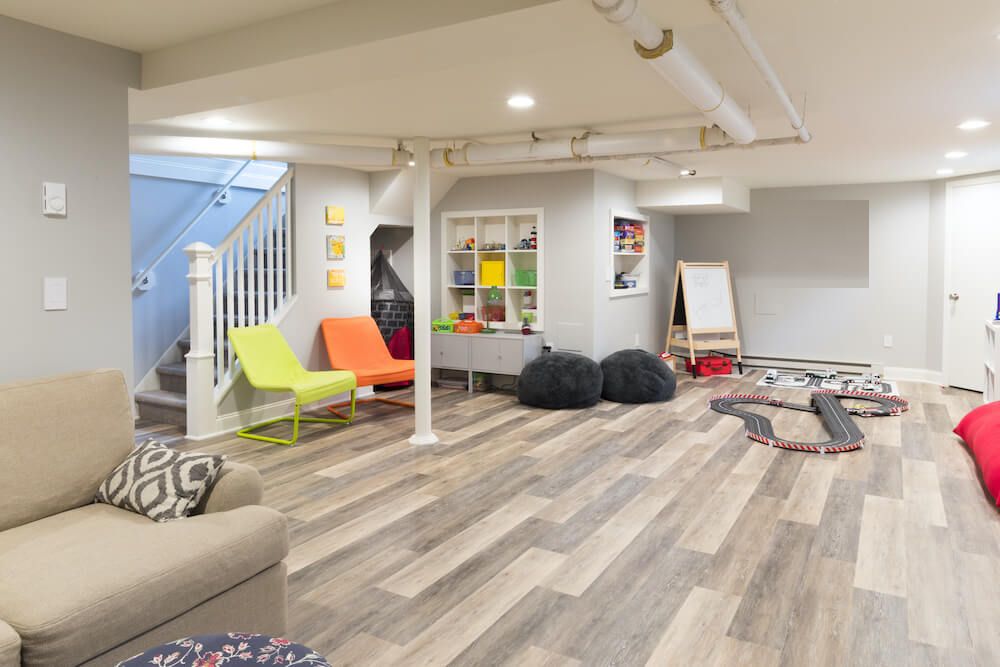“Price is what you pay. Value is what you get.”
Concrete and interlock are two common choices for driveways, walkways, and patios. In areas like North York, homeowners face this decision when planning outdoor upgrades. It’s not just about appearance, cost, durability, and long-term value matters too. When comparing Concrete and Interlock in North York, it’s important to understand what each option offers over time. Let’s break it down.
Initial Installation: Concrete Wins on Cost
When it comes to up-front pricing, concrete is usually cheaper. Installing a basic concrete surface typically costs less than interlock. This makes it attractive for people working with tighter budgets. However, the story doesn’t end with installation.
Concrete is poured in place, which takes less time and labor than laying individual interlocking stones. That’s why you’ll often see lower contractor quotes for concrete projects in North York.
Long-Term Repairs: Interlock is Easier and Cheaper
Concrete may crack over time due to weather and ground movement. Fixing these cracks can be expensive and may involve replacing large sections. That’s where interlock shines.
If a paver in an interlock surface gets damaged, it can be replaced easily without disturbing the rest. This keeps repair costs low and manageable. Over several years, this benefit adds up, especially in colder places like North York, where freeze-thaw cycles affect surfaces.
Durability and Weather Resistance: Interlock Handles Harsh Weather Better
In climates with heavy snowfall and temperature shifts, interlock holds up better. Concrete may chip or crack under extreme conditions. Interlock allows for slight movement, making it less likely to break.
For homeowners in North York, where winters can be rough, this can make a big difference in how long the surface lasts before needing repair or replacement.
Looks and Curb Appeal: Interlock Offers More Style
Interlock comes in many shapes, patterns, and colors. This allows for a personalized look that can match your home’s style. Concrete can be stamped or stained, but it usually offers fewer design options.
Over time, interlock may also hold its color better. Faded or cracked concrete might require resurfacing to restore its appearance, which adds to its total cost.
Resale Value: Interlock Adds Curb Appeal
A neat, attractive interlock driveway or patio can catch the eye of potential buyers. It shows that care was taken with the property. While concrete surfaces may not hurt resale value, they don’t typically add as much style.
In real estate markets like North York, small design details can help a home stand out. That could give interlock an edge when selling.
Maintenance Needs: Interlock Requires Some Extra Care
Interlock needs to be weeded and cleaned regularly. Joint sand may need to be refilled every couple of years. Concrete is mostly low-maintenance, as long as it doesn’t crack.
But when balanced against easier repairs and better durability, the extra maintenance may be worth it for some homeowners. Especially if they want to avoid major repair costs down the line.
Total Lifetime Value: Interlock May Cost More Up Front, but Less Over Time
When you add up the costs of maintenance, repairs, and upgrades over 10 to 20 years, interlock may turn out to be more affordable. It’s built to last and easy to fix. Concrete may cost less to start, but it may need costly repairs sooner.
That’s why it’s smart to look at the full picture, not just the first invoice.
FAQs
- Which is better for cold climates, concrete or interlock?
Interlock usually holds up better in freezing temperatures. It allows for slight movement and resists cracking better than concrete.
- Is interlock harder to clean than concrete?
It needs a bit more care, like removing weeds and refilling sand. But with regular maintenance, it stays in good shape.
- Can I pressure wash both surfaces?
Yes, but use lower pressure on interlock to avoid removing the joint sand. For concrete, pressure washing works well for stains and dirt.
- How long does interlock last compared to concrete?
Interlock can last 30+ years with good care. Concrete may need resurfacing or repair after 15–25 years, depending on conditions.
- Which option increases home value more?
Interlock usually adds more visual appeal and may help with resale, especially in areas like North York and Caledon.
Final Conclusions
In growing areas like Caledon, smart property upgrades can boost both beauty and value. Homeowners weighing Concrete and Interlock in Caledon should consider more than just installation cost. Think about long-term repair, maintenance, and curb appeal. For those looking for style and ease of long-term upkeep, interlock may win. For a simpler, lower-cost option, concrete still has its place.
Both materials have pros and cons. But when it comes to the full value, not just the price, the answer depends on your needs and location. Evaluate what fits your home, your lifestyle, and your budget best.





